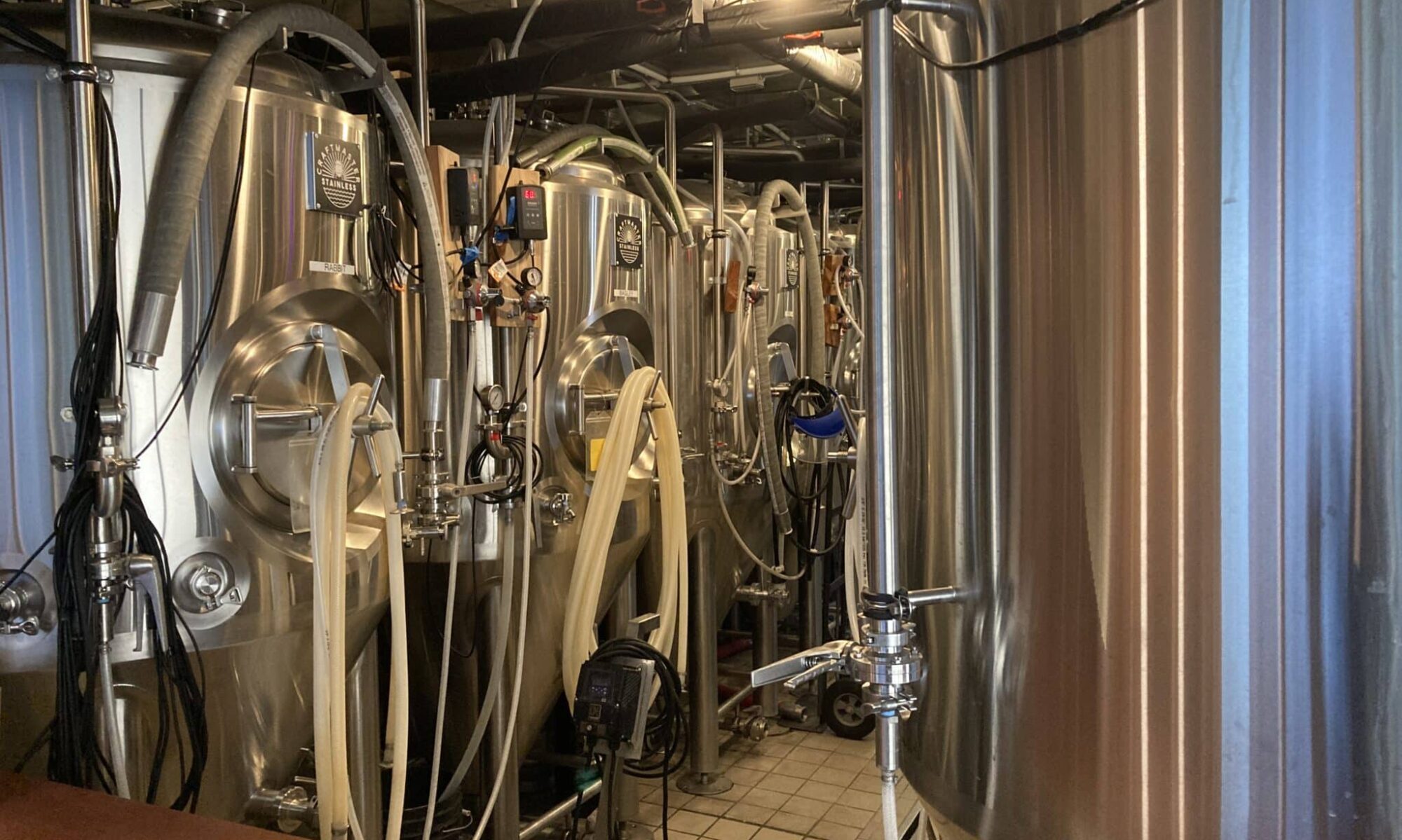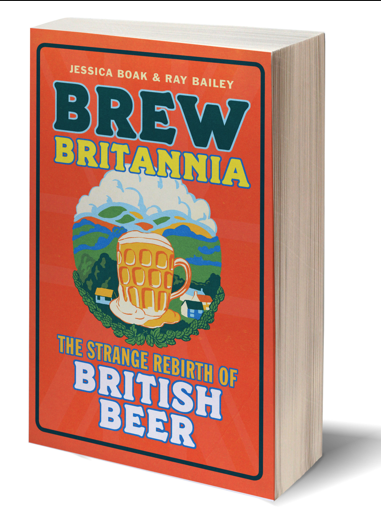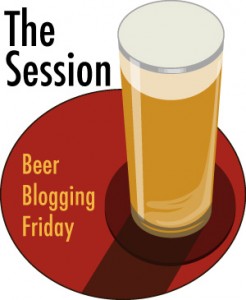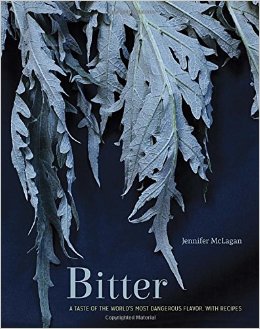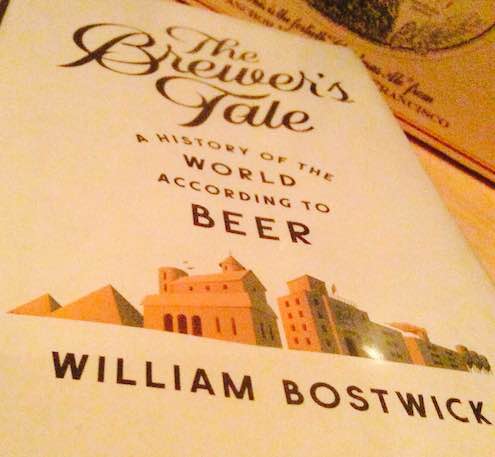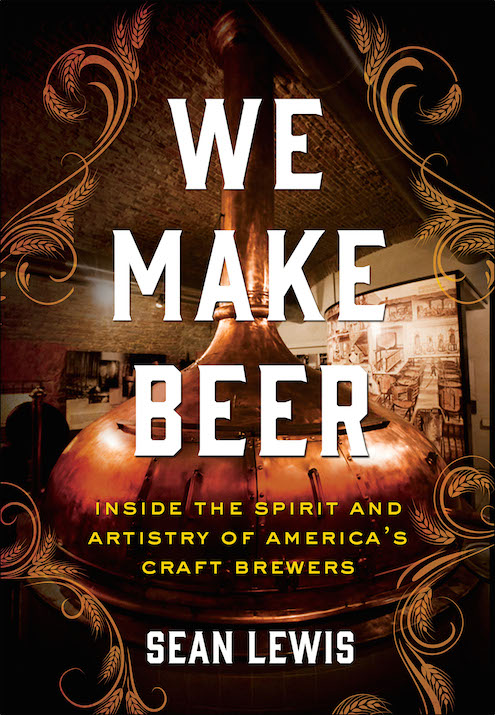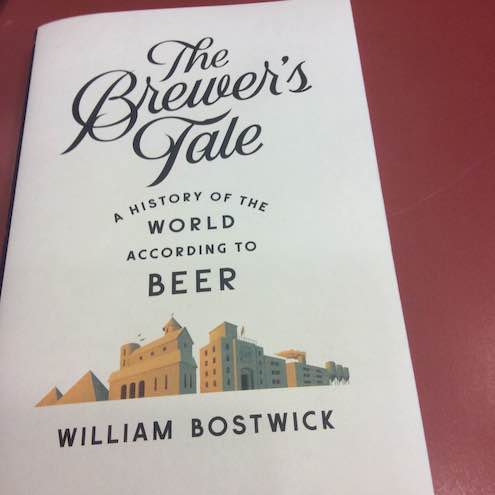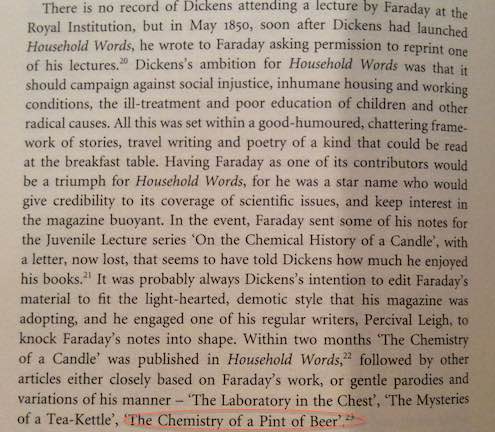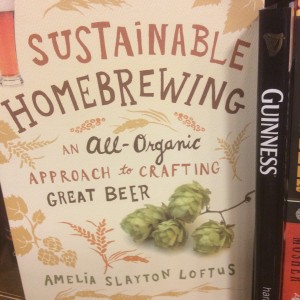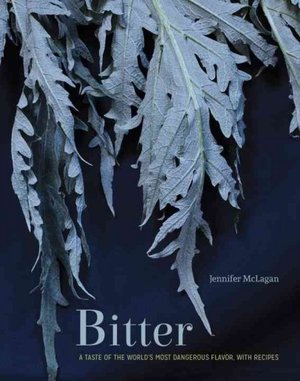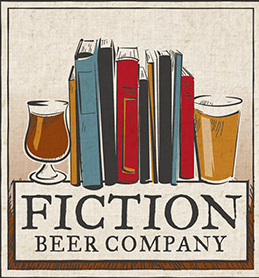
Fiction Beer Company is not made up. It is non-fiction by definition. Founded by a book fan and a beer fan their tag line is “Crafting liquid literature”. And I love the branding via book styles:
The Classics:
“Like a good book you read over and over, our classics are beers you may be familiar with such as an IPA, Wit, or a Scotch Ale. Just because they are classics doesn’t mean they have to be boring; our brewers utilize their creative license to alter the same old stories to create a new experience.”
Mystery & Adventure:
“Think of a page-turner. Something to keep your attention, keep you guessing and keep you wondering what is coming next. Interesting flavors, varying styles, seasonal elements, all coming together to keep you drinking.”
Fantasy & Science-Fiction:
“Imagination is the only limit here. As an author might dream up a far-away world full of magic and outlandish creatures, these beers are conjured using a variety of techniques and ingredients to create a complex elixir for those who wish to try something out of this world. Sour, barrel aged and brett beers are just the beginning …”
Choose your own Adventure:
“Beer flights. Choose what you want to drink and in what order. We may suggest an optimal path of consumption; however, we leave it up to you—choose wisely.”
Makes me want to grab a good book and sit down with a pint. But what to pair with a romance?
